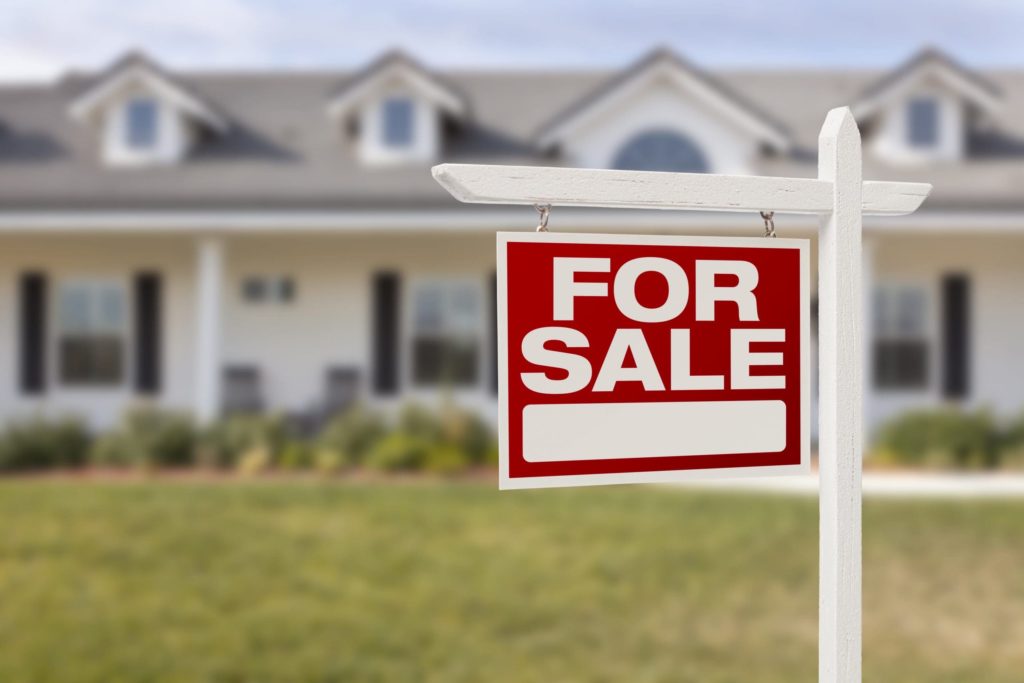
If you’re looking to invest in real estate, buying a vacation home, a second home, or perhaps a multi-unit home is an excellent way to generate passive income. However, being a landlord or investing in real estate has its risks.
For some, real estate can be lucrative. But given the unpredictable nature of the market, there’s also the risk of negative cash flow, a high vacancy rate, and other problems. So if you’re using a mortgage to finance these properties, you’ll have to abide by a different set of rules.
Here are some things to consider before purchasing an investment property.
1. Higher Down Payment Required
A mortgage loan for a primary residence typically requires a down payment between 3% and 5% of the purchase price, depending on the loan program. Other programs — specifically VA and USDA loans — may not require any down payment.
Unfortunately, down payment requirements with an investment property aren’t as flexible.
Most lenders see an investment property as a greater risk. In other words, there’s a higher risk of default. Due to this higher risk, purchasing an investment property often requires a higher down payment. This ranges from 15% to 25%, depending on the type of property and your credit score.
2. Limited Available Programs
Keep in mind, too, that some home loan programs don’t allow the purchase of investment properties.
If you’re interested in a vacation home, a second home, or a rental property, a conventional home loan is a common choice. This loan is available for both owner-occupied and non-owner occupied properties.
A government loan, such as an FHA loan and a VA loan, aren’t typically used for the purchase of an investment property. With both programs, the home must be your primary residence.
3. Cash Reserve Requirement
Be mindful, too, your mortgage lender will likely impose a cash reserve requirement, which are funds you have in reserves (or savings), after closing on the property.
Remember, investment properties are a greater risk. Requiring a cash reserve is how lenders mitigate this risk.
Your lender might require three to four month’s of mortgage payments in reserves after closing, in the event you experience a high vacancy or other unexpected costs with the property.
4. Higher Mortgage Rates
Not surprisingly, purchasing an investment property also involves a higher mortgage rate — again, due to the higher risk — compared to purchasing a primary residence. On average, the rate might be 0.50% to 0.75% higher than the rate on a primary mortgage.
The good news, though, is that it’s now cheaper to buy an investment property.
In early 2021 the Federal Housing Finance Agency (FHFA) imposed a new rule that limited the number of investment properties Fannie Mae and Freddie Mac could purchase. Meaning, mortgage lenders wouldn’t be able to sell some of these loans they originated.
In response to this rule, mortgage lenders became more selective when qualifying borrowers for investments property loans. Along with this, they raised interest rates on these loans — to offset the risk of possibly being left with the loans after closing.
However, in September 2021 the FHFA announced a suspension of this rule, resulting in lower rates as of now. This is good news, as FirstBank’s rates on investment and second home properties have also significantly improved.
5. Higher Credit Score Requirement
Getting a mortgage for an investment property might also require a higher credit score. Minimum credit score requirements for these loans vary from lender to lender.
Some lenders will approve a borrower with a credit score as low as 620. But in some cases, you might need a minimum credit score of 640 or 660 with a down payment of at least 20% to 25%, and sometimes as high as 720 with a down payment of 15%.
At the time of this article, FirstBank’s rates on investment and second property homes have been significantly lowered, and we would welcome the opportunity to discuss loan options with individuals who are interested in financing an investment property. Contact us to learn more.





